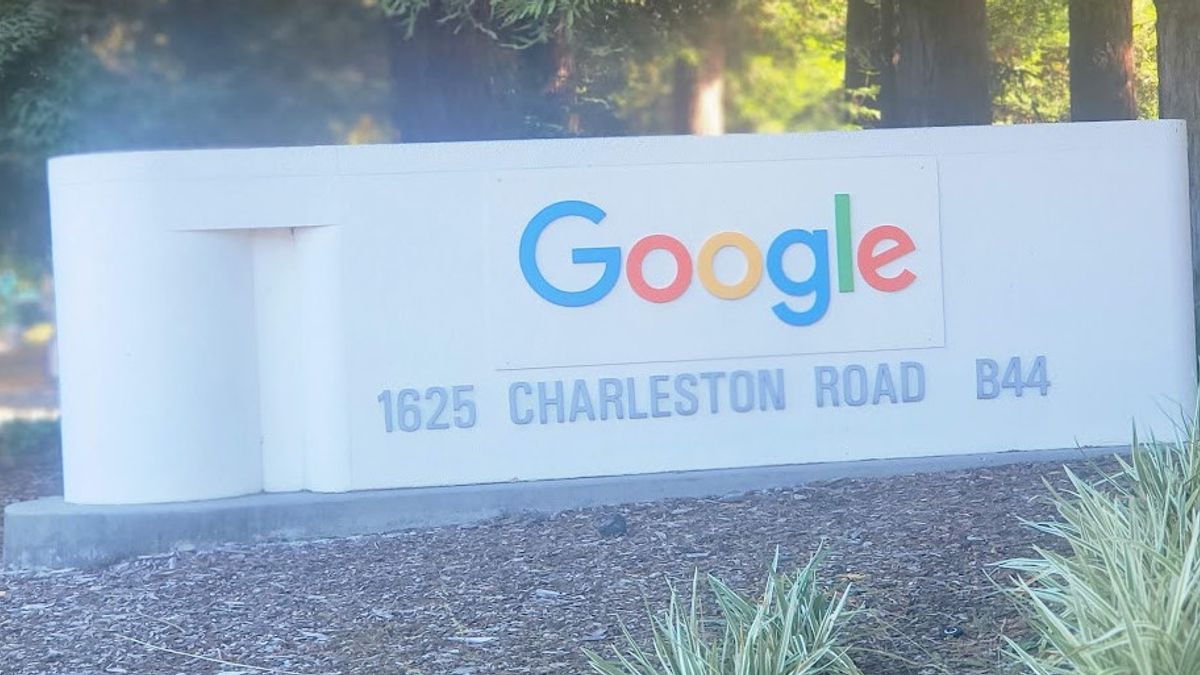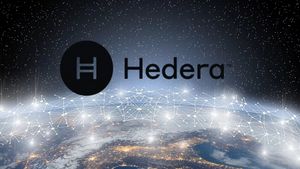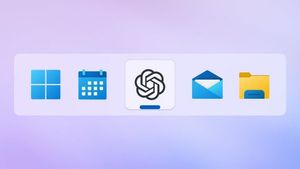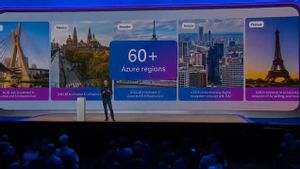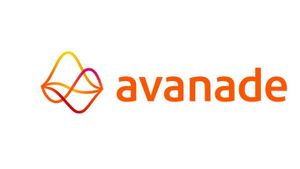JAKARTA - Google, a subsidiary of Alphabet Inc., has agreed to pay US$700 million (Rp10.8 trillion). They will also make changes to the Play Store app to allow for greater competition as part of the settlement of antitrust cases with US states and consumers. This agreement was disclosed by the company and files at the San Francisco federal court on Monday, December 18.
According to the deal, Google will pay US$630 million (Rp9.7 trillion) into settlement funds for consumers and US$70 million (Rp1.08 trillion) into funds to be used by states. The funds still require final approval from a judge.
The deal states that eligible consumers will receive at least $2 and may get additional payments based on their spending on Google Play between 16 August 2016 and 30 September 2023.
The 50 states, the Districts of Columbia, Puerto Rico, and the Virgin Islands participated in this agreement.
Google is accused of charging consumers too high a fee through illegal restrictions in the distribution of applications on Android devices and unnecessary costs for in-app transactions. However, Google does not admit any errors.
The main plaintiffs, Utah and other states, announced the settlement in September, but details of the deal remain undisclosed before trials related to Google and makers of "Fortnite," Epic Games. A California federal jury last week agreed with Epic's opinion that some Google app businesses are anti-competitive.
SEE ALSO:
Wilson White, Google's vice president of government and public policy, said in a statement that this settlement "building on Android options and flexibility, maintaining strong security protection, and maintaining Google's ability to compete with other operating system makers and investing in the Android ecosystem for users and developers."
As part of the deal, Google announced that it will expand the ability of app and game developers to provide alternative billing options to consumers in addition to the Play Store billing system. Google states that it has been trying out "choice collection" in the US for more than a year.
Along with this settlement, Google also said that it would simplify the user's ability to download apps directly from developers.
State lawyers in their court filings stated that details of this agreement "will provide significant, meaningful, and long-lasting assistance to consumers across the country."
State-state lawyers stated that "no other US antitrust law enforcement agency has succeeded in obtaining a settlement of this magnitude from Google" or other major digital platforms.
Epic is suing for a ban, not a compensation fee, and the company is expected to make its own proposal to the judge handling the cases, US District Judge James Donato, regarding potential changes to Google's Play Store.
In a statement, Epic's Head of Public Policy, Corie Wright, said that the state-state settlement "does not address the core of improper and anti-competitive behavior of Google."
Wright said Epic would put pressure on the next phase of their trial "to actually open up the Android ecosystem."
Epic CEO Timmen, in a post on social media platform X, said states could win a larger amount of compensation "if they survive a battle a few weeks longer."
Google is still facing other lawsuits that challenge its digital search and advertising practices. They denied wrongdoing in those cases
The English, Chinese, Japanese, Arabic, and French versions are automatically generated by the AI. So there may still be inaccuracies in translating, please always see Indonesian as our main language. (system supported by DigitalSiber.id)
